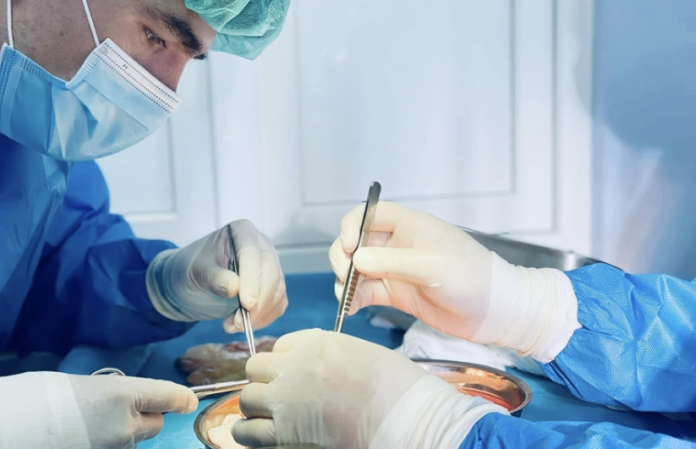In the Netherlands, a new study found that liver transplants can be carried out not only in an emergency, but also for a longer time, thanks to a special storage device. A study conducted by the University Medical Center Groningen (UMCG) in the Netherlands indicates that this approach gives medics more time to perform complex operations.
According to the results published in the scientific journal The Lancet, a donor liver can now be stored for up to 20 hours in a special machine that processes an oxygen-rich liquid. Previously, it was believed that the liver can "live" outside the body for only up to 12 hours, and transplantation should be carried out within six to ten hours.
Vincent de Meyer, professor of surgery and director of the liver transplant program at UMCG, noted that extending the time frame for transplants has several advantages. Operations can now be performed at a time convenient for the medical team, avoiding the need to perform them at night or in emergency situations.
UMCG claims to be the first hospital in the world to successfully use this machine to store donor livers. With this new technology, transplants in the morning are performed in two hours less than those performed urgently at night. After a year, none of the patients had complications due to long-term liver storage, and all had well-functioning organs.
This discovery opens up new opportunities to improve the efficiency and safety of liver transplants, using a more flexible schedule and eliminating the rush associated with the urgency of operations.


